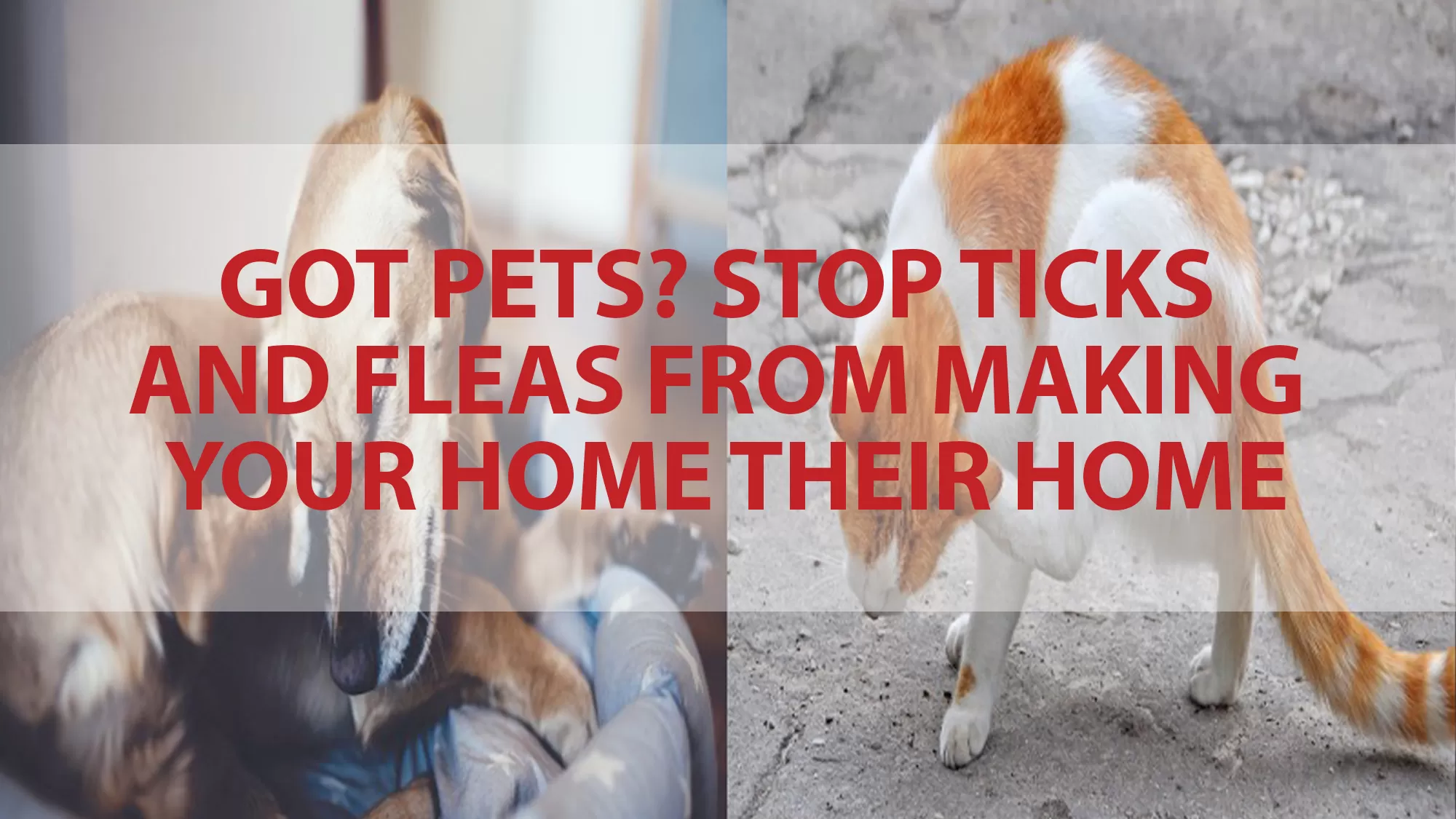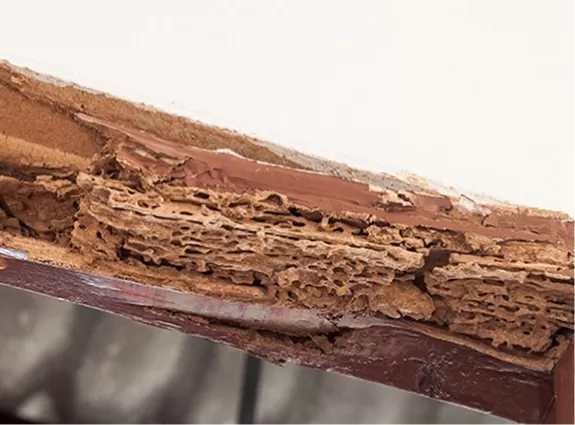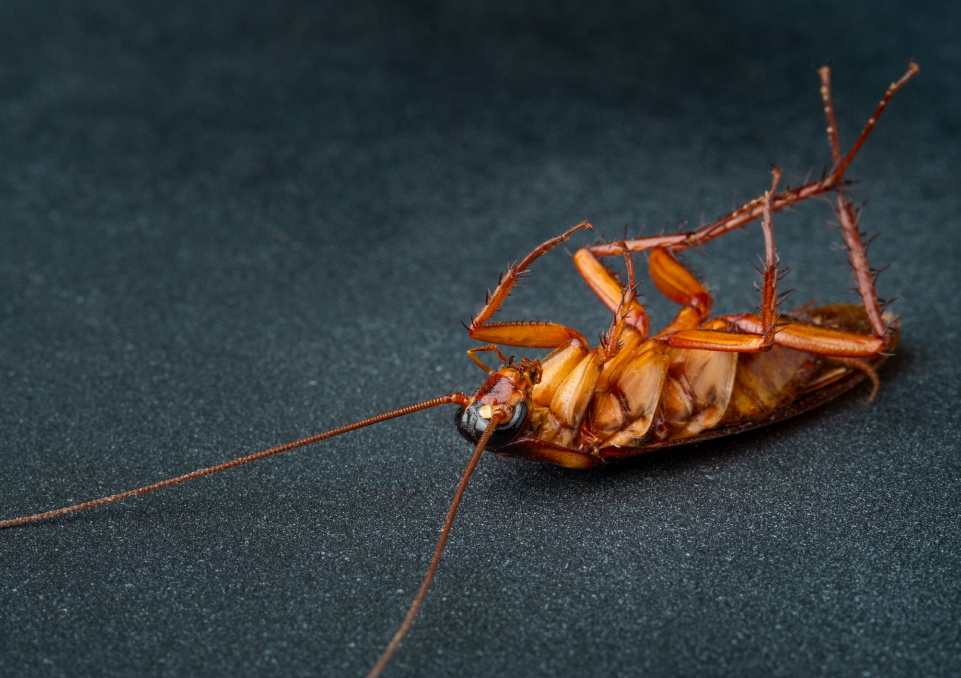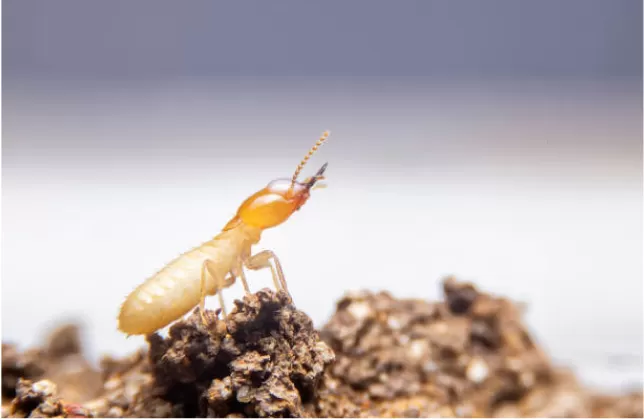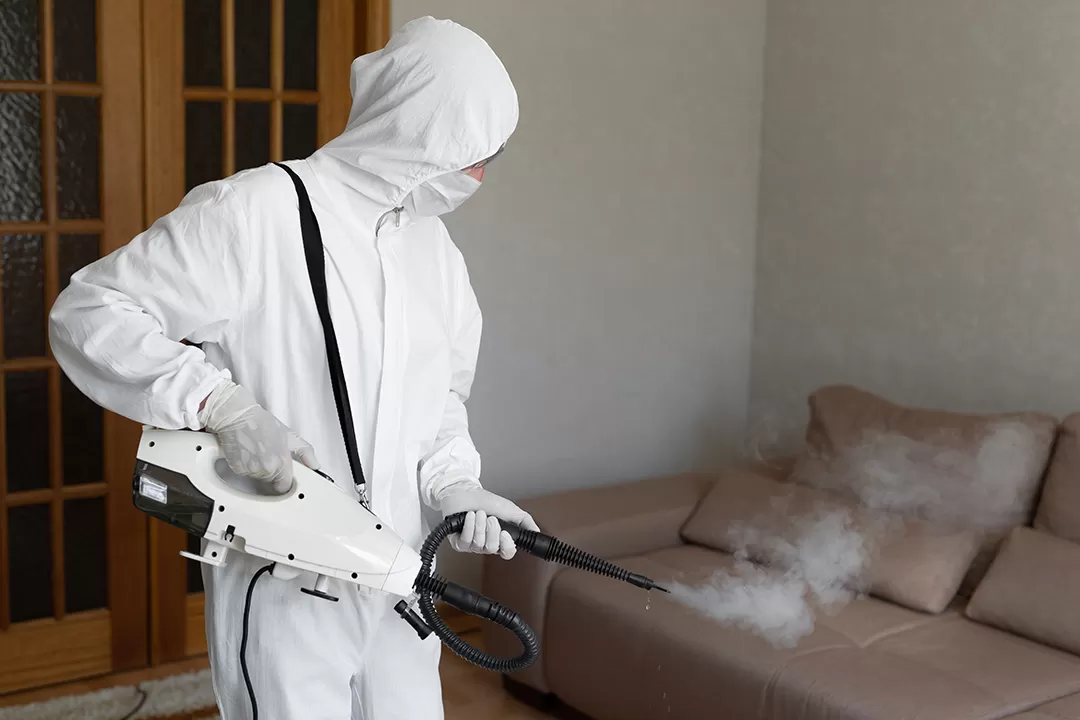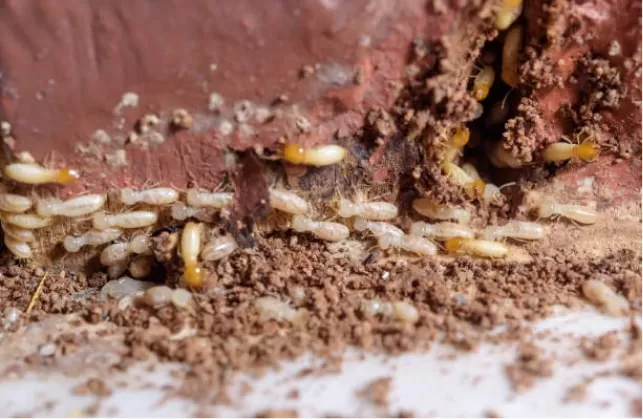Are you constantly paranoid about getting ticks and fleas in your home? Well, that is a common concern for pet owners, as these uninvited pests can cause alarming problems for both humans and pets.
From bacterial diseases to anaemia in pets to tapeworms – fleas and ticks can cause a world of problems. No wonder you want to keep them away. Not sure how to get rid of these tiny pests? Don’t worry; help is here!
In this article, you can learn how to identify tick and flea infestations. Keep reading to master some handy tips and tricks to keep them from invading your home.
Common Ticks and Fleas in Singapore
Even though often mistaken as the same species, fleas and ticks are actually different. Ticks are arachnids, have four pairs of legs, and cannot jump. Fleas, on the other hand, have powerful long hind legs that help them jump high.
Cat fleas and dog fleas, also respectively known as Ctenocephalides felis and Ctenocephalides canis, are the most common types of fleas in Singapore. They can usually be found on house pets, stray cats and dogs. Despite what the names suggest, other animals can be affected by both these species. These fleas are 1mm to 4mm in size and can jump about 100 times their length. Another type of flea you should keep a look out for is the oriental rat fleas.
The most common type of ticks found in Singapore is dog ticks, particularly brown dog ticks. These ticks usually make their home on the pet’s head, feet, neck, or ear. However, in case of a heavy infestation, the ticks may even spread to surrounding areas such as cages or kennels.
Signs of Tick and Flea Infestations
Both ticks and fleas are so small in size that it is difficult to detect their presence in your home. On top of that, their cryptic behaviour does not help. If you are worried that you may have a tick or flea infestation at home, check for the telltale signs. Below are some signs that can hint toward a tick or flea infestation:
Skin Infections and Itchiness
Fleas and ticks can feed on human blood, but their primary hosts are animals. As they can cause discomfort and itchiness, try to notice if your pets have itchy skin. They may scratch or bite their skin more often. Fleas and ticks can also cause skin infections, signs of which include rashes and hair loss.
Bite Marks
When fleas and ticks feed, they leave bite marks. Bite marks of these tiny pests are more painful and itchier than mosquito bites. In addition, the bites can cause rashes, hives, and blisters. So, if you notice bumps or red spots on your pet’s body, there are reasons to be concerned.
Physical Spotting of Ticks and Fleas
What clearer sign can there be than spotting fleas and ticks on your pet? Indeed, finding them is not very easy, but it is also not impossible. You can find them when you comb your pet’s fur. Sometimes, you can also see fleas and ticks around the pet kennel, cage, or bedding as the pests may move around searching for a new host.
How to Prevent Ticks and Fleas From Entering Your Home
As with most pests, when it comes to ticks and fleas, prevention is easier than eradication. If you keep up with a few simple things, you can keep these pests out of your house.
Vacuum Your Home Regularly
Vacuuming helps keep your house free of unwanted dust and dirt, but you already know that. But did you know it can also help prevent infestations of fleas and ticks? Vacuuming can remove not only the pests but also their larvae and eggs. If you are worried that there may be a pest infestation, seal the vacuum bag after vacuuming and dispose of it properly to make sure the pests cannot reenter your home.
Clean Pet Bedding Frequently
Ticks and fleas do not spend all their time on their hosts; they can also be found in the surrounding areas. As a result, they can infest pet bedding as well. So, be sure to wash the bedding every two to three weeks in hot and soapy water to eliminate the chances of flea and tick infestation.
Give Anti-flea Medication to Pets
Anti-flea medications are not only effective for handling an existing flea infestation but can also help prevent future infestations. So treat your cherished pet with anti-flea medications. You can get oral medications or choose anti-flea medications that you can apply on the pet’s skin topically. A monthly dose of flea medication is enough to protect your pet and home from fleas.
Maintain Vegetation to Prevent Ticks and Fleas
Ticks can climb grass in search of a new host. If you have a garden, you can keep the vegetation short to prevent the ticks and fleas from doing this and help reduce their hiding spots. Also, when you take your dogs for a walk, avoid taking them to areas where the grass is long.
Use Essential Oils as an Insect Repellent
Essential oils have a surfeit of benefits, such as their insect-repelling quality. For example, cedarwood essential oil can keep fleas and ticks away. Dilute it and then apply it to your pet’s skin. This will kill existing fleas and ticks and prevent any future infestation.
You may also add cedarwood essential oil to a diffuser to prevent fleas and ticks from entering your house. Additionally, you can add rosemary essential oil to your pet’s bath. This, too, will offer a long-lasting repelling effect against fleas and ticks.
Professional Pest Control
Finally, if you are feeling under-confident about your chances of preventing fleas and ticks with DIY techniques, you can always seek professional help. Professional pest exterminators can use chemical treatments to eliminate any existing ticks and fleas. They can also help take preventive measures for you. But, fear not, only safe-for-pets insecticides are used.
Conclusion
Ticks and fleas are a huge headache for pet owners. These pests can cause problems like itchiness, fatigue, and even anaemia. In Singapore, pet owners must beware of cat fleas, dog fleas, and oriental rat fleas. Dog ticks are also a major concern in the country.
Thankfully, the prevention of these pests is rather easy. All you have to do is maintain the overall hygiene of the house. Vacuum regularly, clean pet bedding a few times a month, and maintain the vegetation to prevent tick and flea infestation. You can also use essential oils as a preventive method. In case you want faster and more effective results, you can always contact a professional pest control company.

